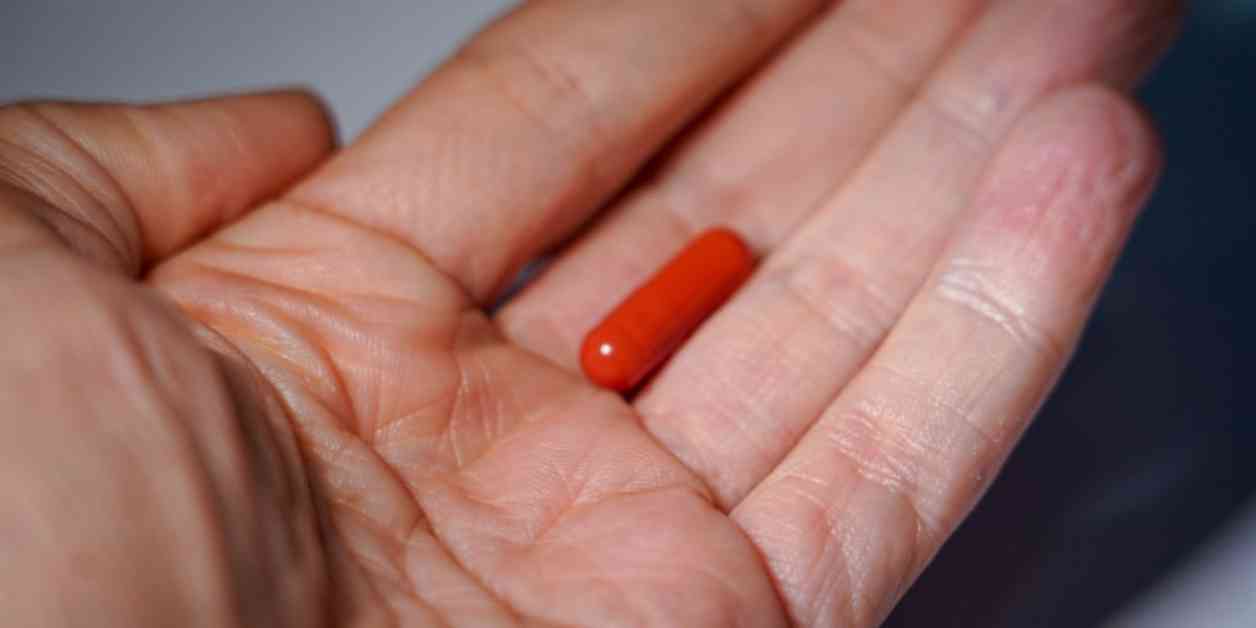The Food and Drug Administration recently decided not to approve the use of MDMA, also known as ecstasy, as a treatment for post-traumatic stress disorder (PTSD). This decision, made after pressure to approve the drug, was a setback for the potential use of psychedelics in mental health treatment. The rejection was based on concerns regarding safety and effectiveness raised by an independent advisory committee due to poorly designed studies, allegations of misconduct, and potential health risks associated with the drug.
Despite this setback, experts believe that psychedelic therapies are still on the path to FDA approval. There are numerous ongoing MDMA trials in various stages of development, indicating a continued interest in exploring the therapeutic potential of psychedelics. The rejection highlighted the rigorous scrutiny that psychedelic treatments must undergo before gaining approval for medical use in the U.S.
While the FDA requested an additional phase 3 clinical trial to further study the safety and effectiveness of MDMA, the drugmaker, Lykos Therapeutics, expressed disappointment with the decision. The company plans to ask the FDA to reconsider, emphasizing the urgent need for new treatment options for the millions of Americans suffering from PTSD. The FDA acknowledged the need for additional PTSD treatments but cited limitations in the data provided, preventing approval of the drug.
Despite the rejection, experts like Dr. David Olson and Dr. Brian Barnett remain optimistic about the future of psychedelic-based treatments for mental health disorders like PTSD. Dr. Olson highlighted the promising developments in compounds like psilocybin and neuroplastogens, which aim to provide therapeutic benefits while minimizing side effects. Dr. Barnett expressed confidence that MDMA will eventually be approved for PTSD, adding to the available treatments in psychiatry.
The pressure from politicians and veterans to consider MDMA for PTSD treatment has sparked a debate about the role of external influences in FDA decisions. While advocates view MDMA as a potentially life-saving therapy, critics like the Institute for Clinical and Economic Review caution against treating psychedelics as a panacea without thorough research. The involvement of politicians in pressuring the FDA decision could impact future approvals for similar treatments, raising questions about transparency and trust in the regulatory process.
In conclusion, while the FDA’s rejection of MDMA therapy for PTSD was a setback, it has not dampened the enthusiasm for exploring psychedelic treatments for mental health conditions. Ongoing research and advancements in compounds like psilocybin and neuroplastogens offer hope for the development of safe and effective therapies in the future. The debate surrounding the approval of MDMA highlights the complex interplay between science, politics, and public health in shaping regulatory decisions.

















